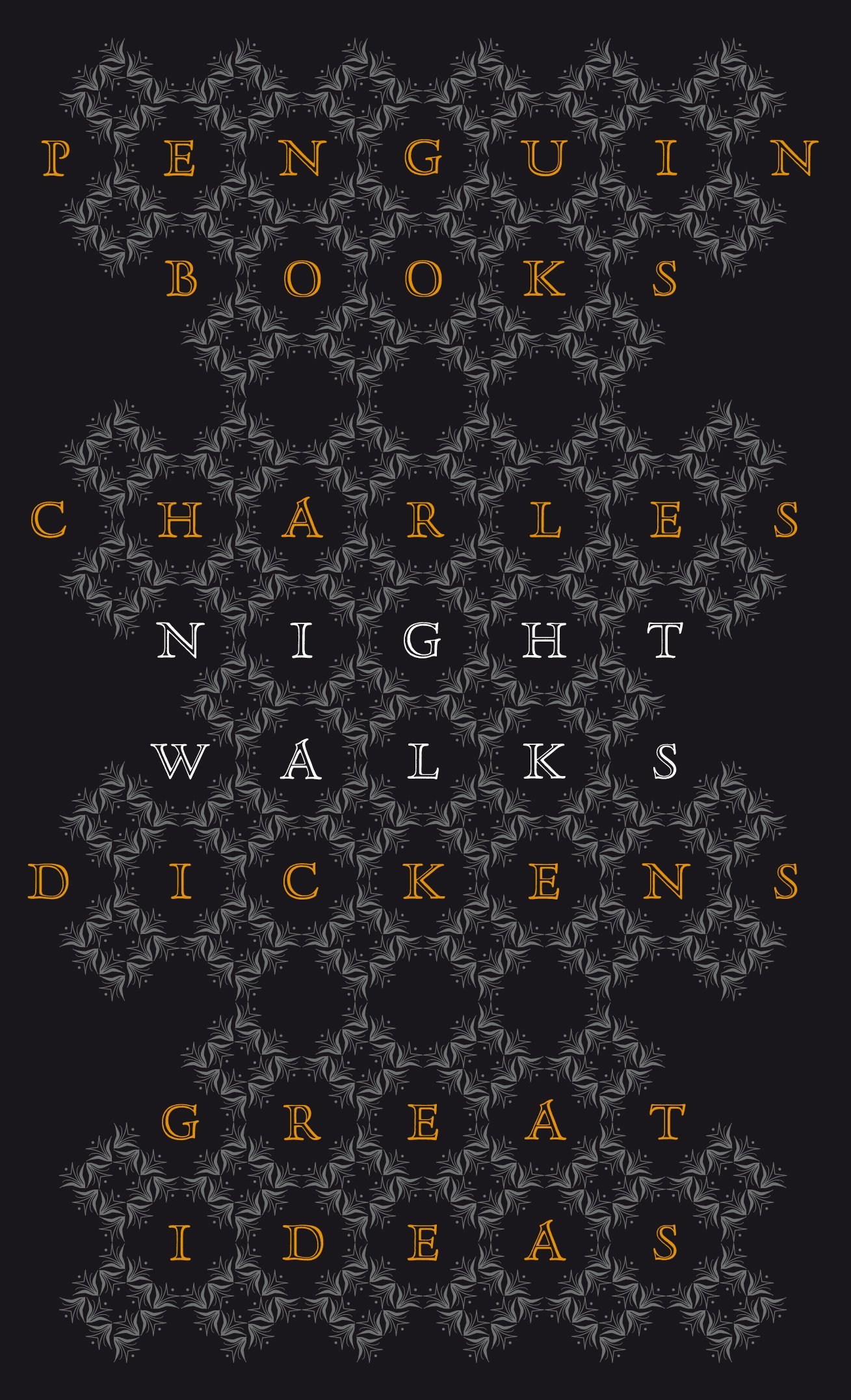Our book group choice for April 2019 is Night Walks by Charles Dickens. Dickens describes in Night Walks his time as an insomniac, when he decided to cure himself by walking through London in the small hours, and discovered homelessness, drunkenness and vice on the streets.
Night Walks is a collection of essays by Charles Dickens about his nighttime walks through London. The essays were originally published in Dickens’ weekly magazine, All the Year Round, in 1860.
The title essay, “Night Walks,” is a semi-autobiographical account of Dickens’s own experiences as an insomniac. He describes the restlessness of the city at night, and the way it seems to come alive in a different way after dark. He also writes about the people he encounters on his walks, from the homeless and the drunkards to the prostitutes and the thieves.
In other essays, Dickens explores the different aspects of London at night. In “Gone Astray,” he recounts a childhood memory of getting lost in the city after dark. In “Chatham Dockyard,” he describes a visit to the dockyards at night, where he is struck by the contrast between the bustling activity of the day and the eerie silence of the night.
Throughout Night Walks, Dickens uses his observations of London at night to explore themes of loneliness, alienation, and the nature of reality. He also uses the essays to comment on social issues such as poverty, homelessness, and crime.
Dickens’s London
Dickens’s London is a city of contrasts. It is a city of wealth and poverty, of light and darkness, of life and death. In Night Walks, Dickens captures the city’s duality in all its richness and complexity.
The city is alive at night. The streets are full of people, from the wealthy who are out enjoying themselves to the poor who are trying to survive. The city is also full of noise, from the sound of carriages and horses to the shouts of drunkards and the cries of prostitutes.
But the city is also lonely. Dickens often feels like he is the only one awake, and he is struck by the sense of isolation that comes with being alone in a big city at night. He writes about the “houselessness” of the city, the way that it can make people feel like they don’t belong anywhere.
The Nature of Reality
Dickens also uses Night Walks to explore the nature of reality. He writes about the way that the city can seem to change at night, and the way that his own perceptions can be altered by the darkness. He also writes about the way that the city can be a place of dreams and nightmares, where anything is possible.
In one essay, Dickens describes a dream he had in which he was walking through the city at night. In the dream, he came across a group of people who were dancing in a circle. As he watched them, he began to feel dizzy and disoriented. He eventually woke up, but he was still unsure whether the dream had been real or not.
This essay is a meditation on the nature of reality. Dickens suggests that reality is not always what it seems, and that the city at night can be a place where dreams and nightmares can become reality.
Social Commentary
In addition to exploring the themes of loneliness, alienation, and the nature of reality, Night Walks also contains social commentary. Dickens writes about the poverty and homelessness that he sees on his walks, and he criticizes the government for not doing more to help the poor. He also writes about the crime and violence that is rampant in the city, and he calls for action to be taken to make the city safer.
Discussion Questions for Night Walks
- Did you like it? How do you think it compares to Dickens’ other books?
- Did you see any hints of topics or themes that Dickens would expore in greater depth in other novels?
- Which story was your favourite?
- Did you recognise the London described in the book?
- What’s changed since Dickens wrote his stories? Has anything stayed the same?
- Were there any characters that you identified with?
- Would you recommend the book?
Individual Comments
DKB's Rating 




Anthony's Rating 




Sue's Rating 




EmmaT's Rating 




Willow's Rating 





